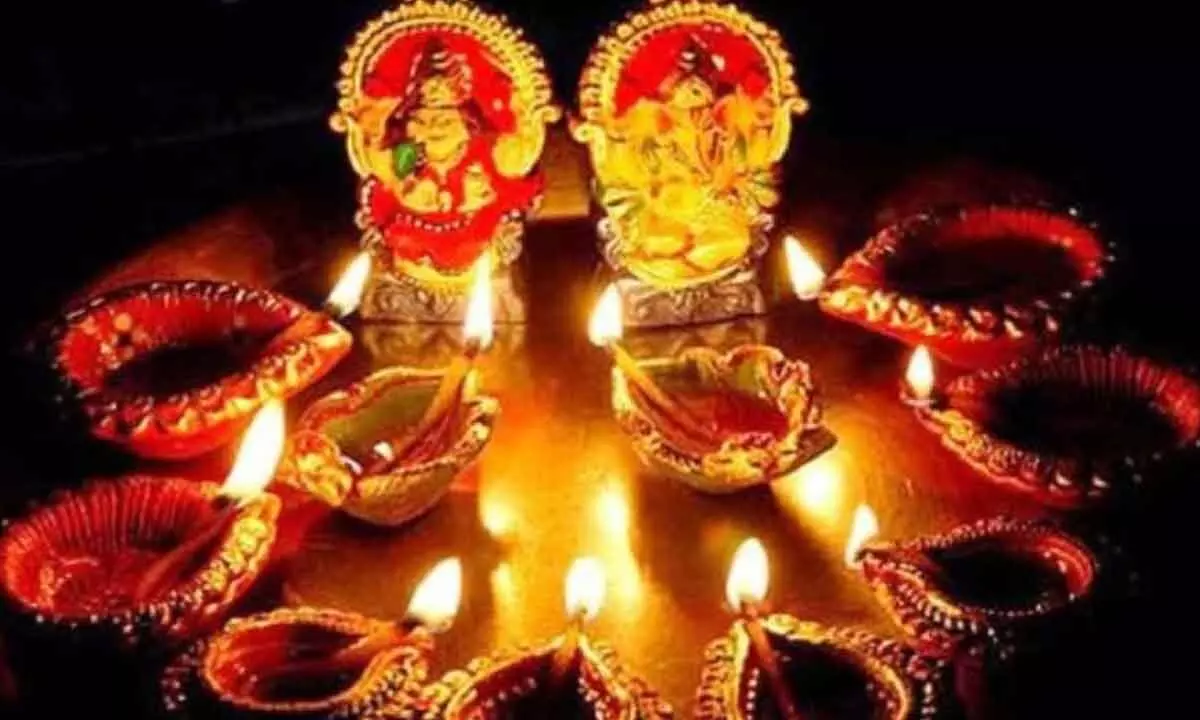Govardhan Puja 2024: Date, Time, and Mythology Behind the Celebration

Govardhan Puja, observed after Diwali, symbolizes Lord Krishna’s protection and the importance of nature, commemorating his act of lifting Govardhan Hill.
Following the vibrant festivities of Diwali, Govardhan Puja is celebrated to honor nature and express gratitude. Observed the day after Diwali, Govardhan Puja marks the beginning of the Kartik month according to the Hindu calendar. Traditionally, this festival is celebrated on the Pratipada date of Shukla Paksha and has held deep significance for generations.
Govardhan Puja 2024 Date and Timings
This year, Govardhan Puja will be observed on November 2, 2024. The Kartik Shukla Paksha Pratipada Tithi starts on November 1 at 6:16 PM and ends on November 2 at 8:21 PM. The morning Muhurat for performing Govardhan Puja rituals is from 6:38 AM to 8:53 AM, while the evening Muhurat is from 3:36 PM to 5:51 PM.
Rituals of Govardhan Puja
During Govardhan Puja, devotees create a symbolic Govardhan Hill using cow dung and adorn it with flowers and other offerings. Worshippers gather around this replica of the sacred hill to offer prayers as a family, paying homage to nature. In many parts of India, Govardhan Puja is also known as Annakut, or the “Mountain of Food.” On this day, people prepare an array of dishes, symbolizing the abundance provided by nature, which are then shared as Annakut Prasad among loved ones and the community.
Mythological Significance of Govardhan Puja
The story behind Govardhan Puja originates from the Bhagavata Purana. According to legend, Lord Krishna encouraged the villagers of Vrindavan to worship Govardhan Hill, rather than offering prasad to Indradev, the rain god. Angered by this, Indradev caused torrential rains to flood Vrindavan. In response, Lord Krishna lifted the Govardhan Hill on his little finger, providing shelter to the villagers and livestock from the storm.
Govardhan Puja, also known as Annakut, has since been celebrated as a tribute to Lord Krishna’s protection and to express gratitude for nature’s blessings. It is a day of humility, devotion, and reverence for the environment, emphasizing the importance of preserving and respecting natural resources.








